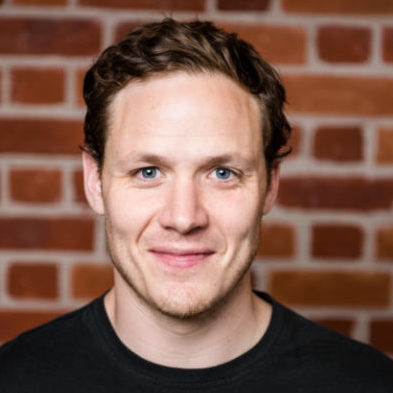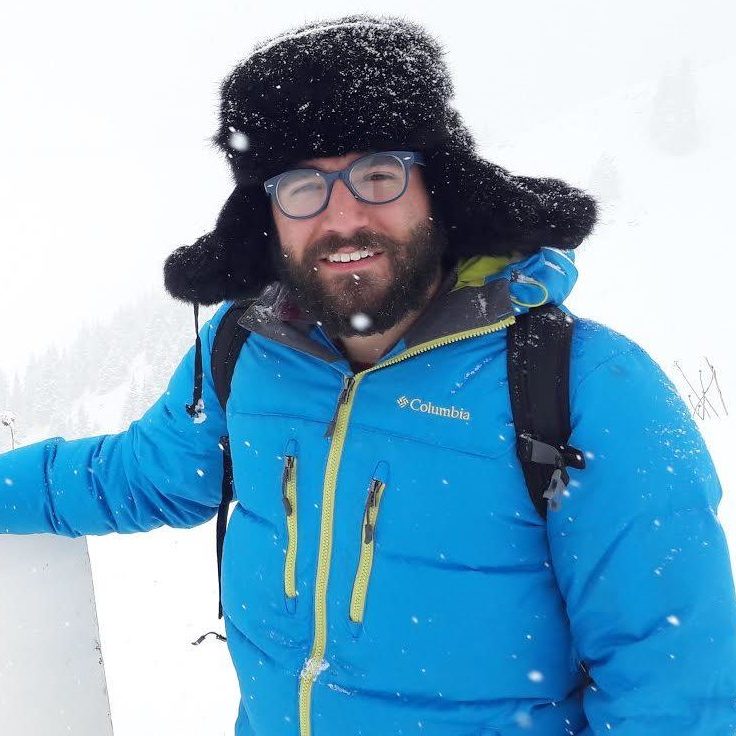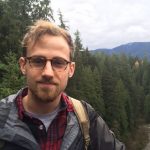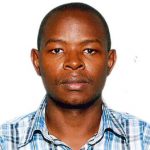
Dr George Busby FRGS
Expedition Leader
Senior Research Scientist, Oxford University
George is a geneticist currently working at one of the world’s best malaria genetics research groups at the Big Data Institute at Oxford University. He has a first class honours degree in Zoology from the University of Edinburgh, an MRes in Ecology, Evolution and Conservation from Imperial College London, and DPhil from Oxford University. In his final year at Edinburgh he led The Lone Wolf Project, an RGS-supported expedition to the Simien Mountains in Ethiopia. As a result, he was elected as a postgraduate Fellow of the Royal Geographical Society in 2008 which was upgraded to full fellowship in 2013. George has travelled widely in Africa and Asia, completing three further expeditions to southern Africa, to Malawi on a conservation expedition and to Lesotho and Namibia collecting saliva samples from Khoesan individuals for genetic analysis into human origins. He has published over 20 scientific papers on the genetics of everything from paper wasps to ancient humans.
George has a growing portfolio of public engagement projects. He designed a card game to describe the genetics of malaria susceptibility to schoolchildren that is currently being used as teaching aid on Wellcome supported public engagement workshops in Africa. He is currently working with The Phoenix, children’s comic in Oxford on a series of animated stories about genetics, and is currently leading the development and production of an innovative play about the use of genetics and data in our medical future. He has written many articles for popular audiences, including a prize winning entry for Natureblogs and for The Conversation, where he is the 16th most read author from Oxford University, out of over 400 academics. He presented a documentary about ancient DNA for the History Channel in America and has been involved with several television development projects, including research for Origins of Us for the BBC.
His current work in malaria involves developing an innovative web application that aims to visualise and communicate the status of drug resistance in malaria parasite and mosquito populations (www.malariagen.net/analytics). This application is built on large reference datasets that have been collected over the last 15 years. However, the full potential of the infrastructure that he is helping to build will only be realised when parasites and mosquitoes are sequenced in the field and this data uploaded into the cloud for realtime analysis.

Dr Isaac Ghinai
Expedition Medic
Academic Clinical Fellow, Oxford University Hospitals
Isaac is a doctor and global health researcher. He is currently an Academic Clinical Fellow in public health at Oxford University. He studied International Health at UCL graduating with first class honours, a Deans List commendation for outstanding academic performance, and the Sessional Prize for highest mark. He qualified with merit from UCL Medical School, winning the Holdstock-Piachaud Prize for Medicine, Conflict and Survival whilst a student. He completed his academic foundation training in London, simultaneously leading a large malaria study in Southeast Asia. He has held honorary and visiting research positions at UCL, the London School of Hygiene and Tropical Medicine and Imperial College Institute for Global Health.
His research has spanned HIV, TB, malaria, Ebola, polio and other vaccine-preventable diseases and been published in leading medical journals including Nature, Lancet Infectious Diseases, Global Public Health, Malaria Journal and Philosophical Transactions of the Royal Society. In policy roles, has worked for the World Health Organisation, Chatham House Centre on Global Health Security and the UK All-Party Parliamentary Group on Global Health. He has worked in Kenya, Uganda, Myanmar and the refugee camps in Greece and in 2017, held an NHS ‘Improving Global Health’ fellowship in Cambodia. He has travelled widely across Africa, Europe, South America and Asia, including a 5,000 mile expedition crossing Asia from coast to coast following the ancient Silk Road trading route.
As a qualified doctor, Isaac will be the expedition medic and will be expedition health and safety officer. He will run the genetic sequencing technology. He will also maintain the expedition website and lead the team’s communications whilst in the field.

Jason Hendry
Expedition Scientist
DPhil student, Oxford University
Jason is reading for his DPhil at the University of Oxford, the focus of his thesis being to understand the ways in which malaria genetic data can be used to inform the policy decisions guiding malaria control and elimination. He is enrolled as part of the four-year Genomic Medicine and Statistics Programme funded by the Wellcome Trust.
Prior to Oxford, he studied biochemistry and the University of Toronto, graduating with an Honours Bachelor of Science with high distinction and a Masters of Science. Cumulatively, Jason has more than five years of experience processing DNA samples and has further expertise in computational and statistical analysis of genetic data. He has spent 3 months backpacking in South America, is an avid rock climber, cyclist, and martial artist.

Dr Eric Ochomo
Kenya Field Project Co-leader
Head of Entomology, KEMRI Center for Global Health Research, Kisumu
Eric is a mosquito researcher at the Kenya Medical Research Institute. He will co-lead one of the field projects whilst the team is in Kenya. He has published multiple scientific papers on the surveillance of insecticide resistance in Kenyan mosquitoes and will work with the team to trial our new mobile sequencing technology in the field.
